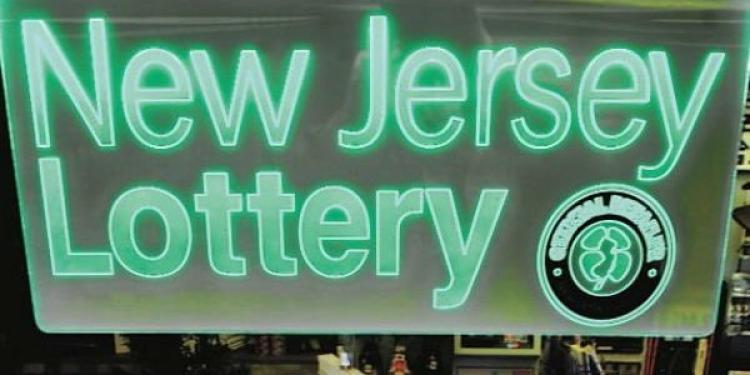New Jersey Lottery Fails to Live up to its Promises to the State
Posted: November 26, 2015
Updated: October 6, 2017

Officials for the New Jersey lottery are in hot water with state lawmakers, who are becoming increasingly critical of private contractor Northstar’s broken promises.
In US gambling news, the New Jersey lottery contributed only $960 million to state programs in the 2015 fiscal year, falling short of their budgeted $1.037 billion. In wake of the bad news, the Senate Legislative Oversight Committee called on state lottery officials and the lottery’s private contractor Northstar to appear before them. They were forced to answer questions regarding both their low numbers and Northstar’s poor performance in its first year running the lottery’s sales and marketing operations.
Northstar—a consortium made up of GTECH, Scientific Games International, and OMERS—had been hired in 2013 to increase revenue for the lottery, whose funds go towards public education and care for the disabled and military veterans. It had paid $120 million up front for the contract. Two years in, however, Northstar has fallen short of its projected targets by about $132 million. State Senator Robert Gordon said that he would give Northstar another year or two to improve before considering putting an end to their 15 year contractual agreement.
New Jersey lottery not failing because of Northstar, but because of unpopularity
New Jersey lottery executive director Carole Hedinger asserts that it is not Northstar’s fault that revenue has decreased, and that changing demographics, increasing public disinterest in jackpot games, and a surge in popularity for instant-win games like those offered on online gambling sites in US is instead to blame.

“While we all would prefer to see a revenue increase year over years, I would like to place the $960 million in 2015 revenue in the context of a national trend in which many lotteries across the country are experiencing poor results due to changes in consumer behavior beyond anyone’s control,” said Hedinger. “There has been a severe nationwide decline in consumers playing the big multi-state jackpot games Mega Millions and Powerball. This change in consumer purchasing behavior is a function of market forced beyond any state’s control, and as you would expect it, it impacted every state’s bottom line.”
However, not everyone agrees with Hedinger, with many insisting that the blame should be placed on Northstar’s privatization of the New Jersey lottery. Political director of the Communications Works of America Seth Hahn said that the Northstar deal was a result of “politically-connected firms shoveling large sums of money to powerful operatives close to the governor.”
Continued Hahn: “It involved… an upfront payment designed to protect the state from losses that instead turned into a one-shot gimmick to plug an election year budget hole, and now there is a shortfall of money going to vital services in New Jersey while private companies still get their cut, despite underperforming the public employees they replaced. Legislators in both parties should demand that Governor Christie do what the Republican governor of Illinois recently did and fire Northstar.”












